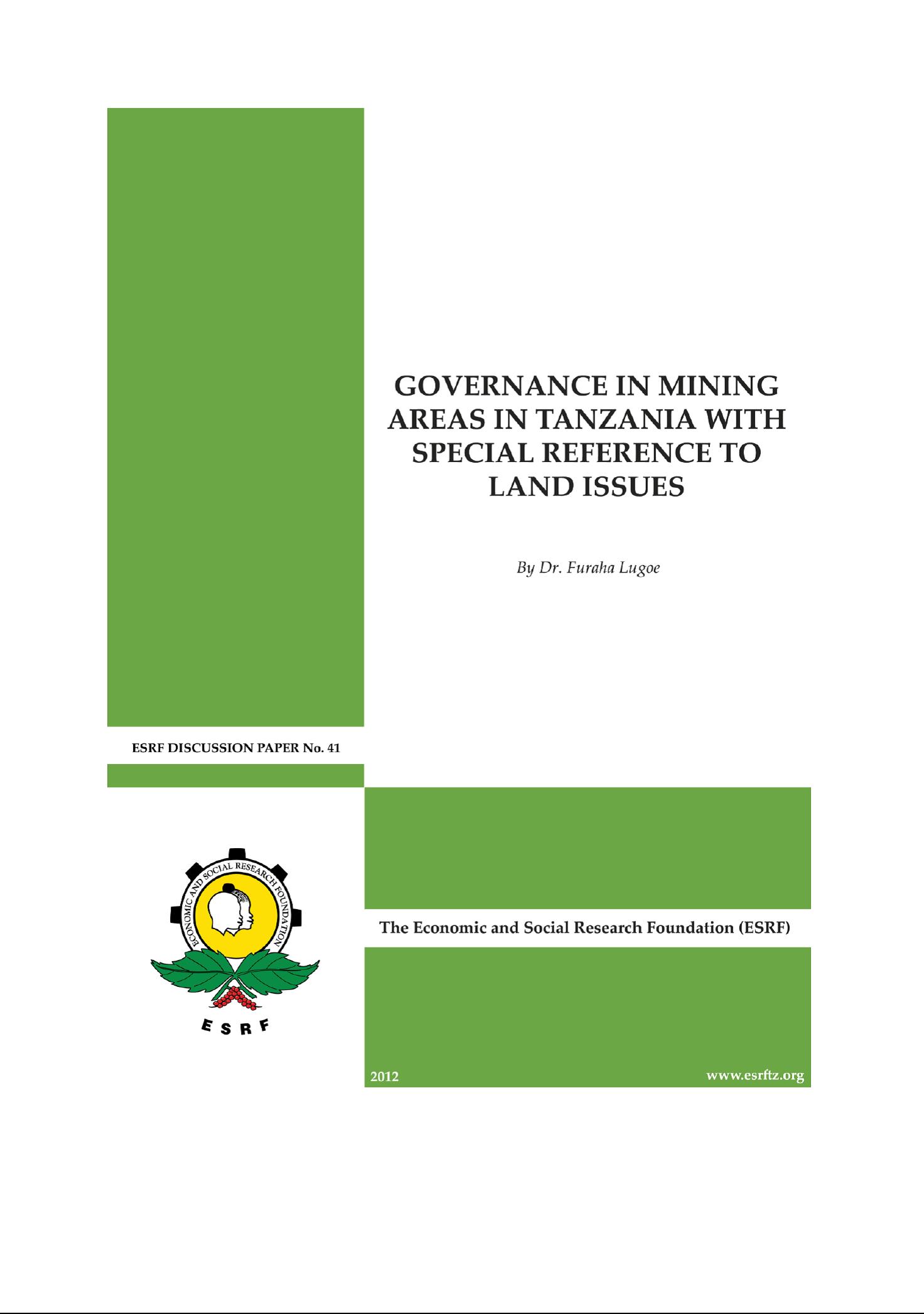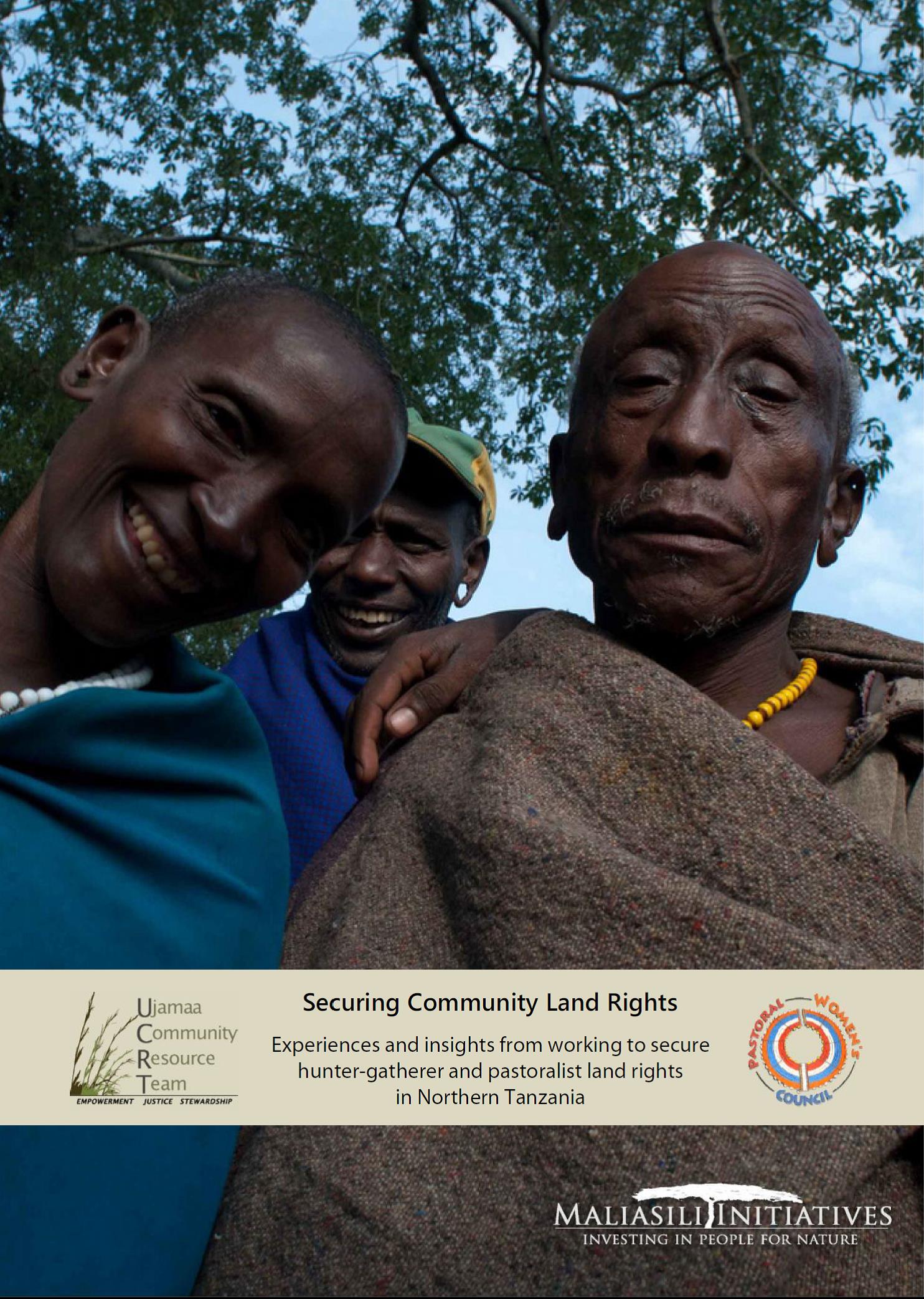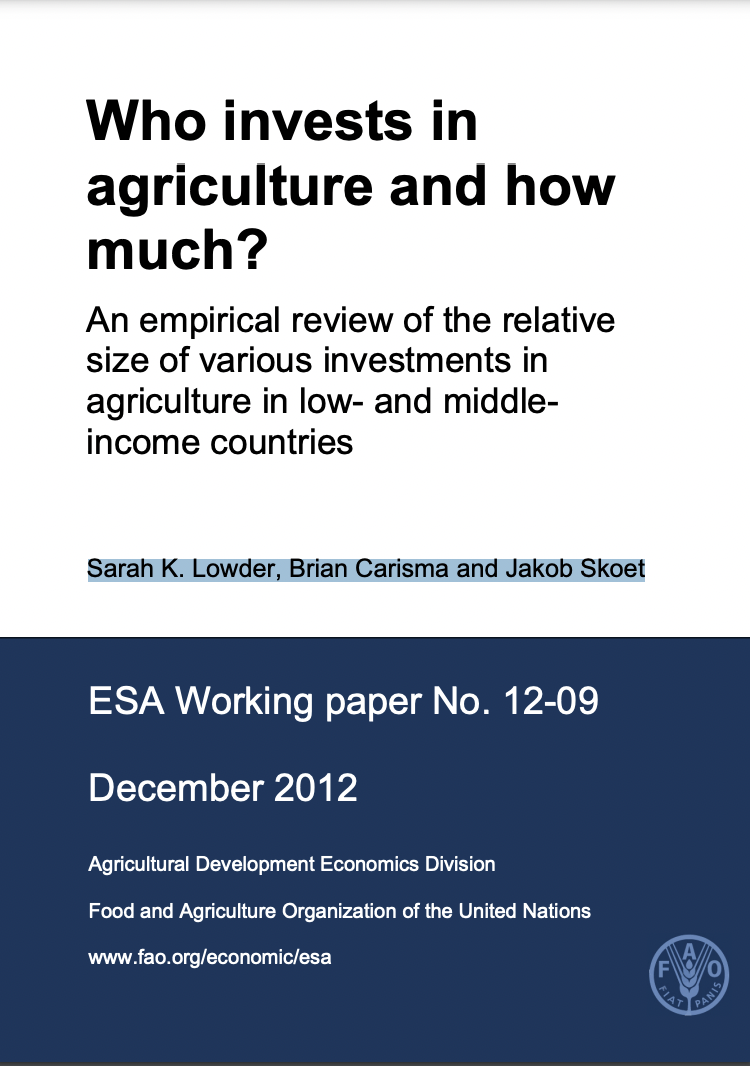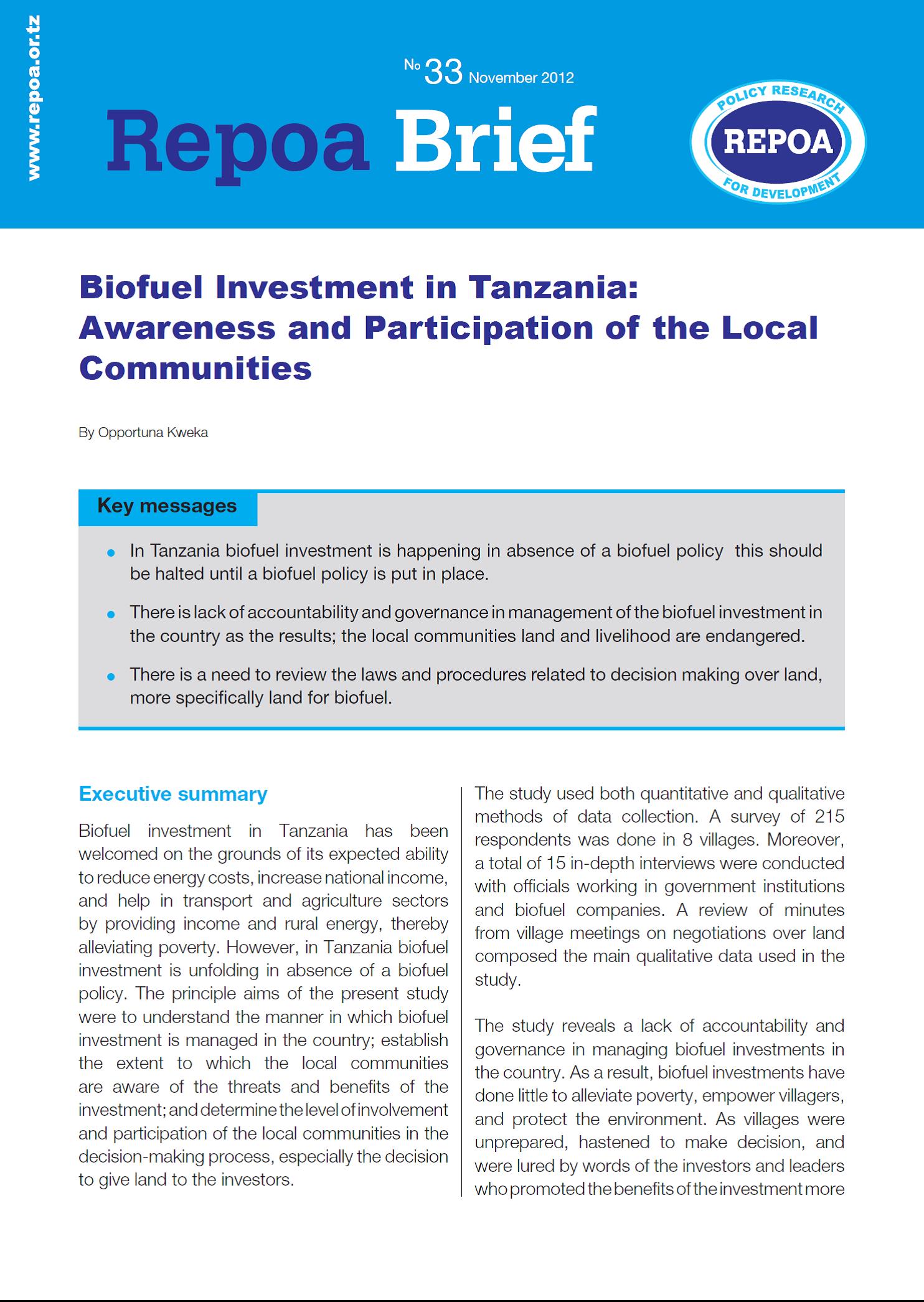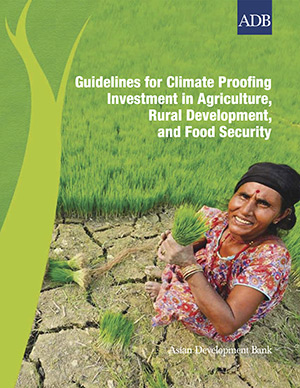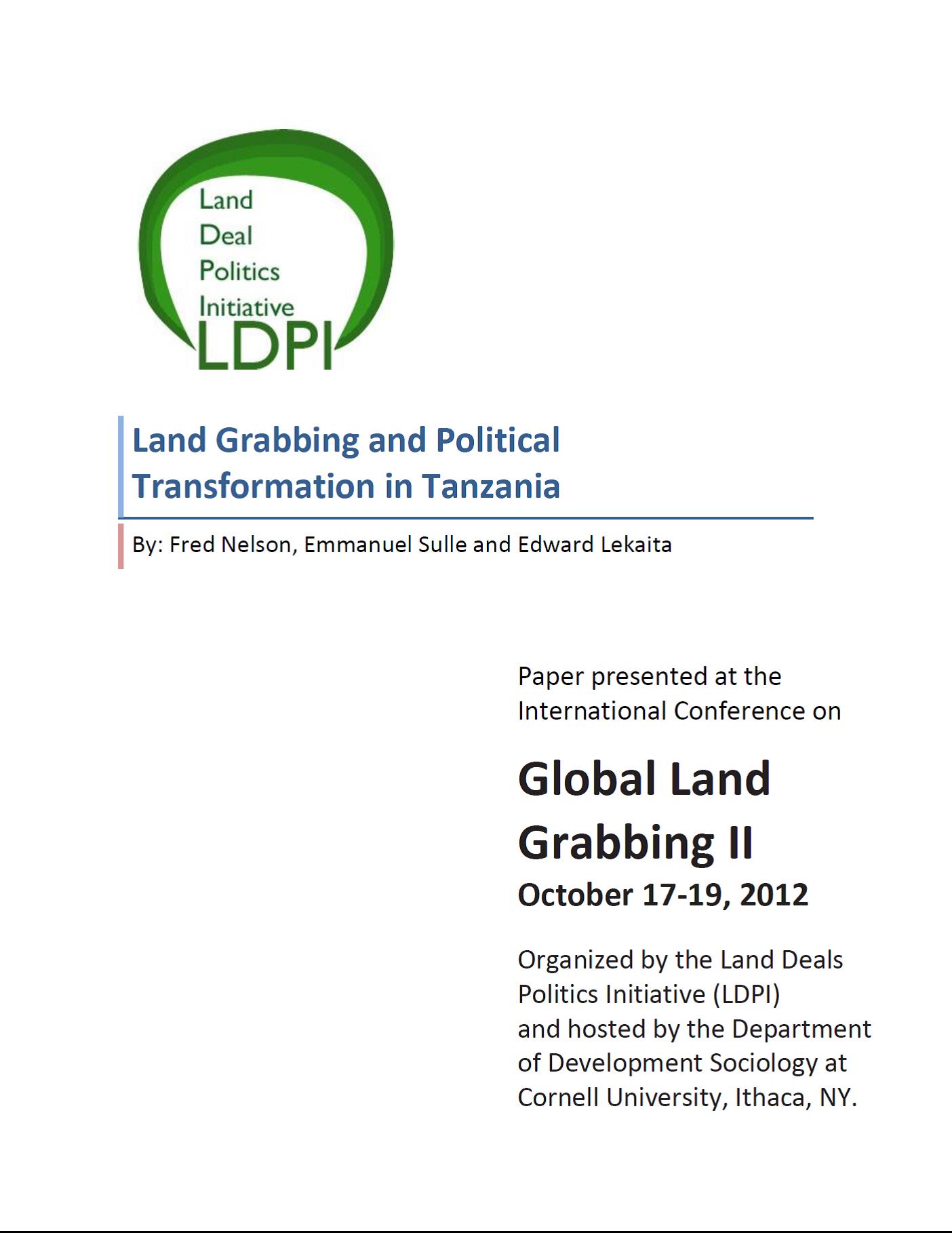Landscapes of Political Memories: War Legacies and Land Negotiations in Laos
Wars and their aftermaths frequently transform land use and ownership, reshaping 'post-conflict' landscapes through new boundaries, population movements, land reforms and conditions of access. Within a global context of controversial land concessions and farmland acquisitions, we bring to light the continued salience of historical memories of war in the ways land conflicts are being negotiated in Laos.


